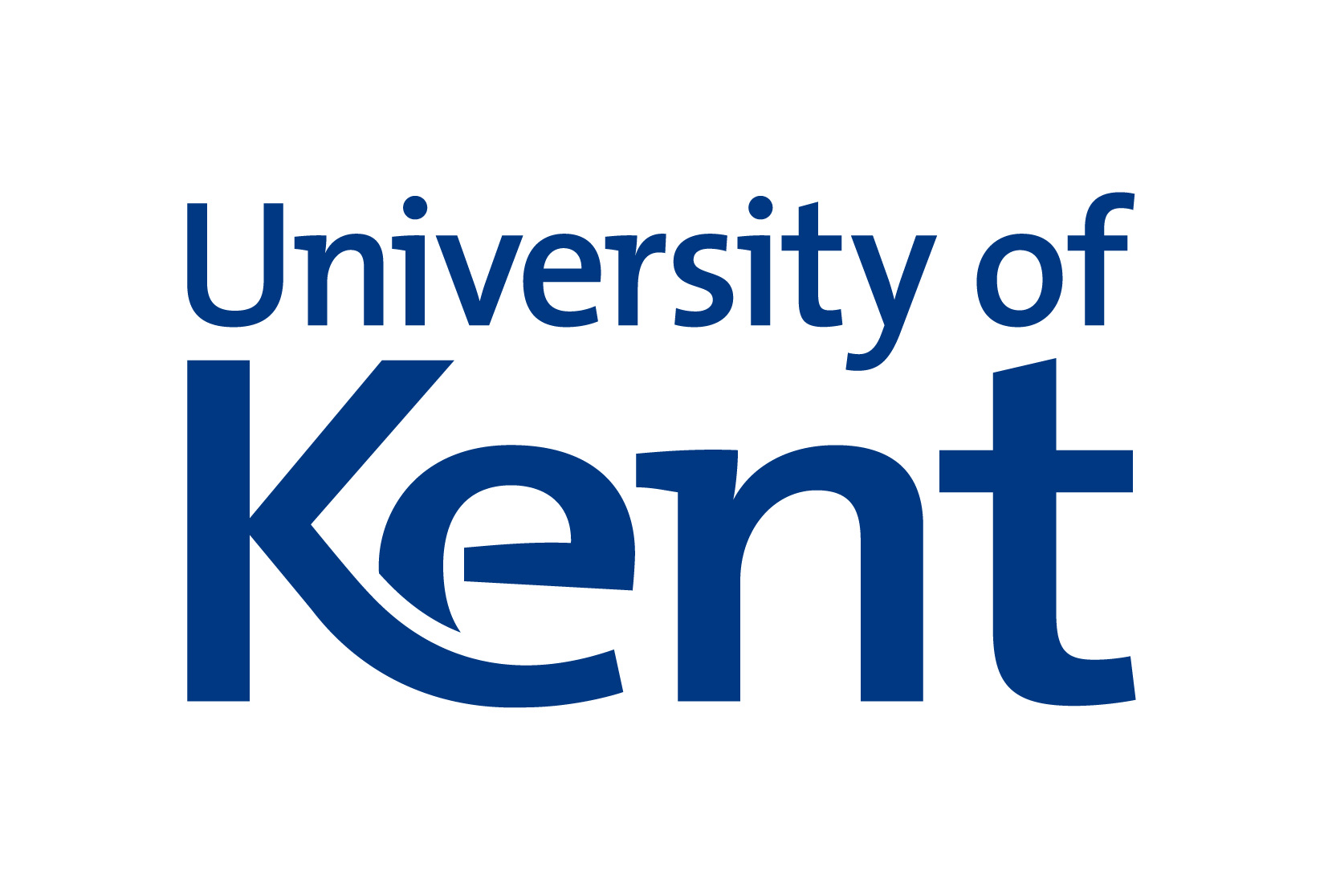Science courses
University of Kent

Duration : 3 Years
Intake : september
IELTS : 6.5
TOEFL : 90
PTE : 62
University Course Details URL : Visit Website
Level : Undergraduate
Tuition & fees : £ 17,400 Per Year
University of Kent Contact Details
1 Pace Plaza, New York, NY, 10038, USA
Email: intlgradadmission@pace.edu
Phone: +18667223338
About Environmental Social Sciences - BA (hons) in University of Kent
This course encourages you to engage with environmental issues from a range of perspectives, drawing on subjects as varied as anthropology, politics, economics, philosophy, law, history, literature and the creative arts. You can also develop practical skills (for example, biodiversity monitoring) and can choose to do an independent research project on a subject largely of your choice.
The programme will be of particular interest if you have studied geography, environmental studies or biology.
During your first year, you gain a solid grounding in the wide range of environmental issues which threaten our world, while also developing field skills essential for work in this discipline. In addition to compulsory modules on topics such as biodiversity and sustainable land use, you can explore areas of particular interest through the optional modules you choose. The possibilities are wide ranging, from investigations of plant life and global conservation strategies to the application of economic principles to business or the study of 'ways of living' in social anthropology.
In your second and third years, you take only two compulsory modules, allowing you the flexibility to structure your degree around your personal interests and passions. There is an extensive choice of optional modules, studying issues such as environmental law and politics, the impact on wildlife of human demand for resources, or the implications of the Anthropocene - the Age of Humans - for the Earth as a system.
In your final year, you undertake a research project, choosing your topic with your project supervisor. Students often undertake their field research abroad, with some joining our annual expedition to our research vessel on the Peruvian Amazon.
Academic qualification equivalents
-
The University considers students for undergraduate study who have completed Standard XII Higher Secondary School Certificates (Indian School Certificate/Intermediate Examination Certificate/Higher Secondary School Certificate /All India Senior School Certificate).
English language requirements
- IELTS : 6.5 overall (with a minimum of 6.0 in R&W; 5.5 in S&L)
- TOEFL IBT: 90 overall (with a minimum of 22 in R; 21 in W; 17 in L; 20 in S
- PTE: 62 overall with 60 in each subtest
Highlights
| Establishment Year | 1965 |
| Location | Canterbury, England |
| University Type | Public |
| Campus Setting | Rural |
| Student Enrollment | 19,860 |
| Endowment | £ 5.528 million |
| Mode of Program | Full time, distance and online |
| Financial Support | Available |
| Campus Housing | Available |
University of Kent Cost of Attendance
| Expenses | Estimated cost (in GBP) |
|---|---|
| Undergraduate Fee | 15,200-18,400 |
| Postgraduate Fee | 16,000-19,000 |
| Average cost of living | 12,968 |
Know more about Studying in USA
| Tuition Fees in USA (1st Year Average) | BE/Btech: USD 28300 | MS: USD 22693 | BBA: USD 26616 | MBA: USD 29558 | BSc: USD 29418 | MA: USD 20452 | MIS: USD 22133 | MFin: USD 37683 | MEng: USD 29558 | MIM: USD 35301 | MEM: USD 23254 | MArch: USD 34741 | MFA: USD 28857 | BHM: USD 27176 |
| Average Accomodation & Food Costs in USA | USD 700 to 1000 Per Month |
| Entrance Exams in USA | TOEFL: 86 | IELTS: 6.5 | PTE: 60 | GRE: 309 | GMAT: 560 | SAT: 1177 |
| Work and Study in USA | Permitted for 20 hours/week with a valid study permit. Know More |
| Post Study Work Permit in USA | One to Two Years after graduation depending on the course. |
| Cost of Student Visa in USA | USD 160 |
| Student Visa in USA | F1 Visa for USA allows you study permit in USA in full time academic courses. Any accredited school, college, university, academic institute, seminary, or conservatory in USA must accept you beforehand to apply for F1 visa in USA. Know More |
| Intakes in USA | There are Three Intakes in USA: Fall (August-September), Spring (January) Know More |
| Top Job Sectors in USA | Health Care, Education, Construction, Hospitality & Tourism, Business Services, Finance. |
| Economy in USA | GDP Growth of 2.1% (Q4 2019), The Larges Economy of the World by Nominal |